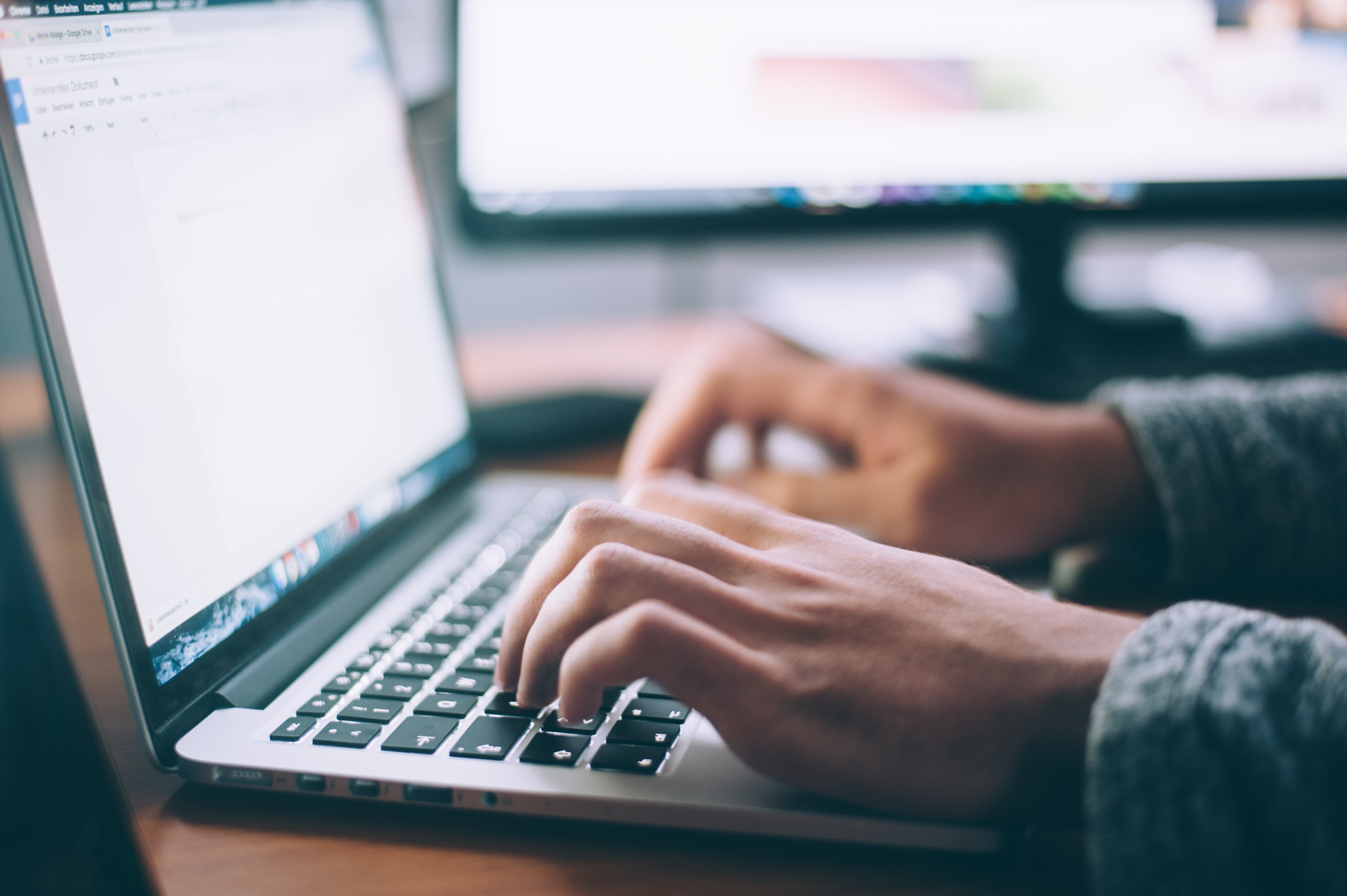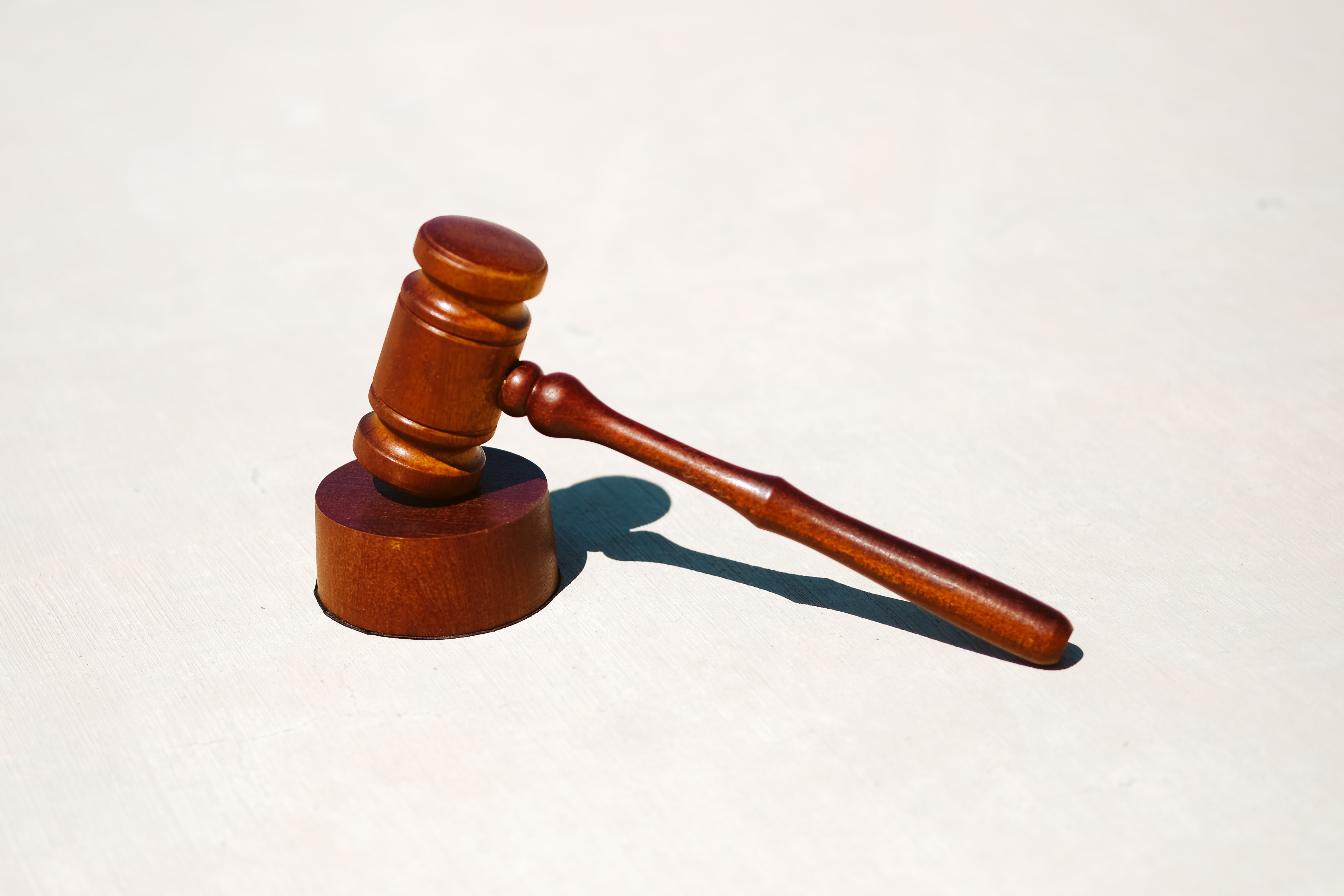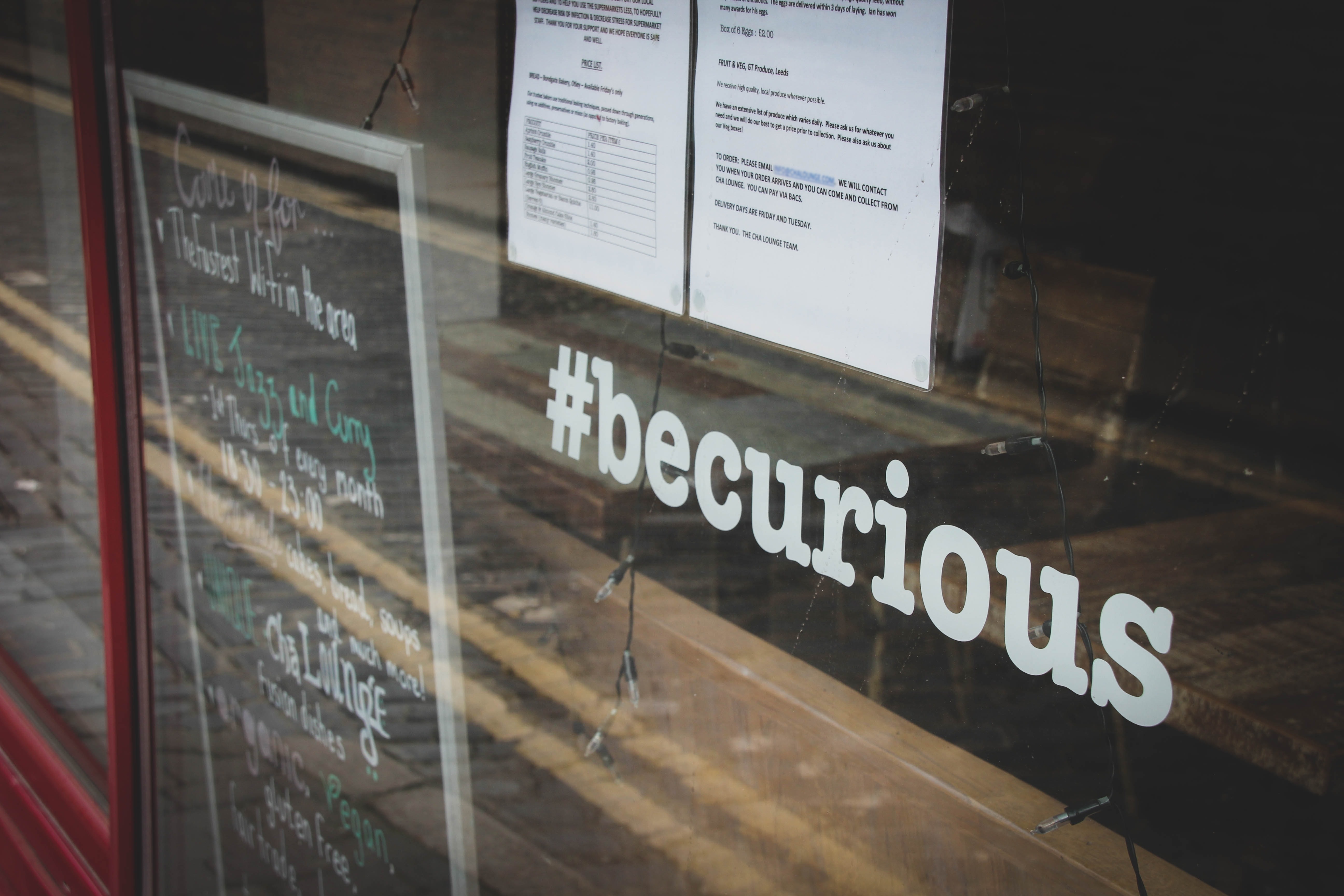Depolarizing America: Episode 4
In this fourth episode of Depolarizing America, hosted by Matt Simonson, SciCourt examines the sociology and political science of service programs. Jess Jurcek interviews David Ashley, a member of the science team, to discuss the sociological effects of service programs. Hannah Ihekoronye talks with army member and former Science Court student podcaster Luke Diamond about his experience in the military and thoughts on public service.
The University of Minnesota Science Court students are researching and debating whether mandatory service programs could work to create more political and racial harmony in the United States. This semester’s Science Court trial is on April 24, starting a 9 a.m. If you’re interested in attending virtually, register for webinar details at https://umn.zoom.us/webinar/register/WN_Gp2FX-zbR7yywchK_14R5w.
Follow us on social media -- Instagram, Twitter, and Facebook at @scicourt.
SciCourt Begins Final Trial Preparations and Mock Trial

Photo by Glen Carstens-Peters on Unsplash.
As the trial quickly approaches, Science Court spent the week listening to practice testimonies from the science team, who have become Science Court's experts on their respective domains after weeks of research. The legal team was also able to practice asking questions of the science team to get a feel for the trial format.
The trial will feature opening statements by the legal pro and con teams, followed by presentations from each science team member on their areas of research. After each presentation, each legal team will be able to ask questions of the science team as well as deliver a short statement relevant to that subject of research.
SciCourt designs trial session plans for jury deliberation

With just three weeks until trial, Science Court students are preparing their final plans before trial on April 24th. Science team members completed research summaries while the legal team continued to develop arguments for trial.
Madeleine Stankiewicz, a member of the legal con team, said she sees the voluntary service plan as a flexible option for participants. With the mandatory service plan being more restrictive on age, the voluntary plan provides more flexibility when it comes to age requirements to serve. As both legal teams continue to develop their plan, members need to construct arguments to persuade the jury for which option, a mandatory or volunteer service program, is a better solution to combat polarization.
Depolarizing America: Episode 3
The University of Minnesota Science Court students are researching and debating whether mandatory service programs could work to create more political and racial harmony in the United States.
In this third episode of Depolarizing America, hosted by Matt Simonson, SciCourt examines educational opportunities and marketing volunteer service programs. Jessica Jurcek and Simonson interview members of the science and legal team. Jennie Lim discusses the importance of motivation and skill development for successful volunteer programs. Madeleine Stankiewicz talks about how the legal con team plans to market the volunteer service program and prepare for trial.
Follow us on social media -- Instagram, Twitter, and Facebook at @scicourt -- and if you are interested in serving on our jury to decide this case, apply at z.umn.edu/scicourt-jury by April 5, 2021. You can also follow along by subscribing to the Science Court Podcast on Apple Podcast and Spotify
SciCourt begins planning for trial

Photo by Tingey Injury Law Firm on Unsplash
Assistant U.S. Attorney Tim Rank visited Science Court this week, providing tips on best practices for the legal team to prepare for trial. He stressed the importance of emotional appeal and teaching moments in opening statements. “You are telling a story,” Rank said. According to Rank, members of the legal team should prepare for their opening statements by acknowledging both their arguments and the other side’s counter-arguments, clearly explaining key topics, and telling the jury what to watch for during the trial.
Depolarizing America: Episode 2
The University of Minnesota Science Court students are researching and debating whether mandatory service programs could work to create more political and racial harmony in the United States.
In this second episode of Depolarizing America, hosted by Matt Simonson, SciCourt examines the public health and psychology of volunteer and mandatory service programs. Matt Simonson and Hannah Ihekoronye interview members of the science team. Philip Dowdell discusses the impact of mandatory service programs on public health. Manix White talks about the role psychology plays in the effectiveness of service programs.
SciCourt looks into marketing voluntary service programs

Photo by Joel Muniz on Unsplash
The Science Court legal team separated this week into a pro and con team. The pro team will move forward with constructing a plan for mandatory service, while the con team will develop a plan for a national voluntary service program.
Science Court legal advisor and judge Bill McGinnis pressed students in class on Tuesday to consider administrative and organizational aspects of a national voluntary service program. "We have to have a personnel administrative structure that protects the people in the program," he said. This could include details like how to prevent sexual harassment and keep volunteers safe while they're in the field.
Aside from program organization, the con team needs to consider how to build interest in a service program that is highly recommended, but not mandatory. One option, legal con team member Madeleine Stankiewicz said, is offering student loan forgiveness to volunteers. These loans could apply to undergraduate, graduate, and returning students, making the voluntary program more appealing to a wider segment of the population.
A con argument emerges as SciCourt continues research

Photo Illustration by C.J. Robinson
In this week’s class, Professor Ellad Tadmor discussed with SciCourt notes from his conversation with Jim Hartung, a systems engineer and political reform advocate. Hartung provided ideas on how to organize national service programs and approaches to decreasing polarization in the United States. The science team will consider Hartung’s insights to craft effective pro and con proposals that fight polarization.
Bill McGinnis, the legal team advisor and judge for the case, thinks that misinformation is one of the leading causes of polarization in the U.S. To combat this issue, McGinnis said he believes we must improve how Americans exchange and interpret information. With the absence of misinformation, he speculated biases would turn to a minimum and citizens would better understand the arguments from both sides.
Depolarizing America: Episode 1
The University of Minnesota Science Court students will research and debate this semester whether mandatory service programs could work to create more political and racial harmony in the United States.
In this first episode of Depolarizing America, hosted by Matt Simonson, SciCourt explores historic efforts to combat polarization both inside and outside the United States. Hannah Ihekoronye and Jess Jurcek interview two members of the legal team, Andrew Bremner and Nishant Satpathy, to discuss their current research regarding U.S. government programs post-WWII as well as foreign countries' programs and policies. What programs have worked and what have not?
You can also follow along by subscribing to the Science Court Podcast on Apple Podcasts and Spotify.
SciCourt ponders new questions about psychology during case review

Photo by Gary Butterfield on Unsplash
The science team updated the rest of SciCourt on their new findings, including the effects of mandatory work on personal motivation, after weeks of honing their research skills.
SciCourt team members shared their primary findings in a case review led by Professor Ellad Tadmor, helping each other draw connections between lines of research and identifying new questions to investigate. Students are each responsible for one of seven areas of study: economics, sociology, political science, psychology, education, environment, and health. Psychology, in particular, raised important insights into the effectiveness of mandatory service.